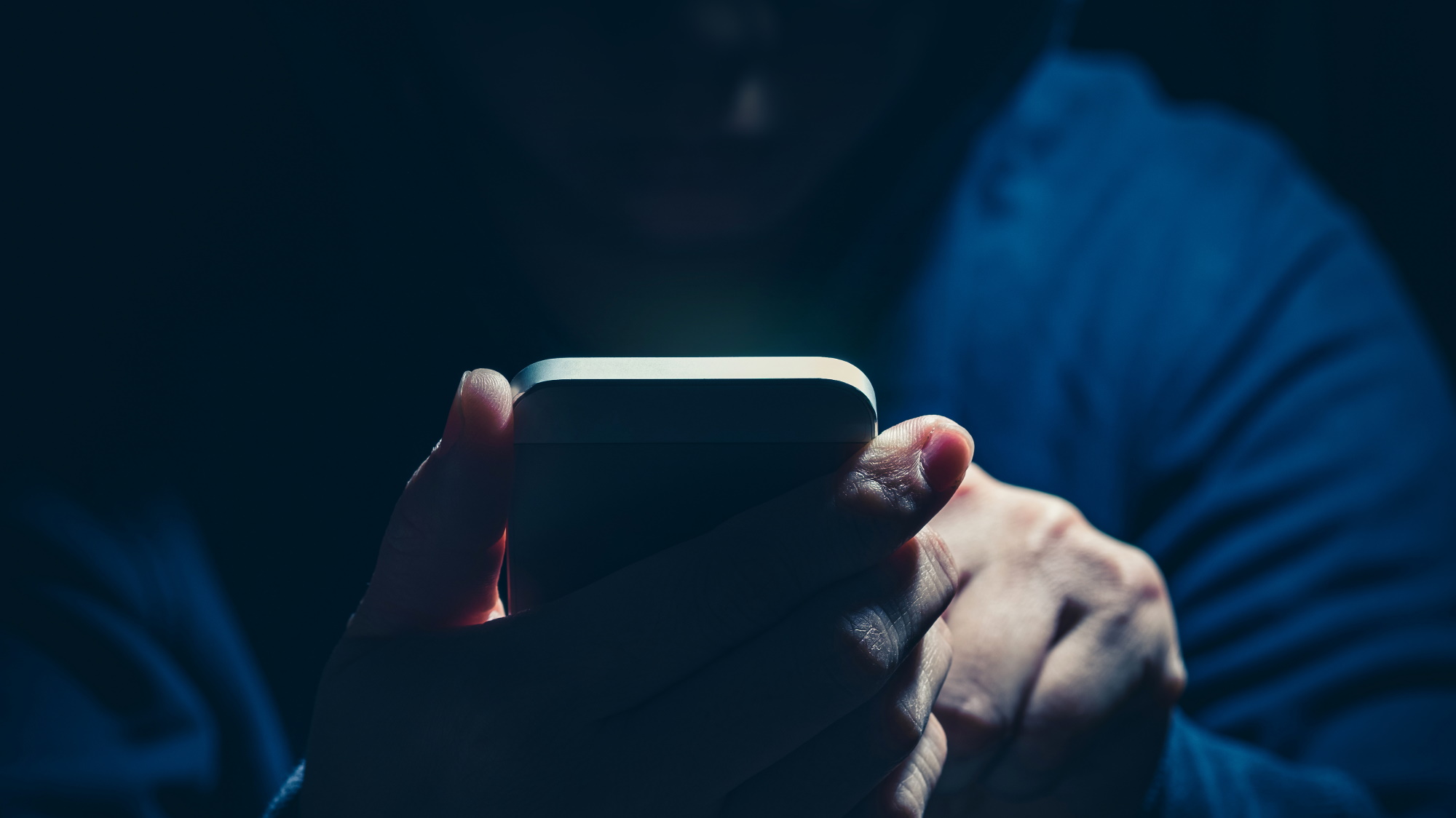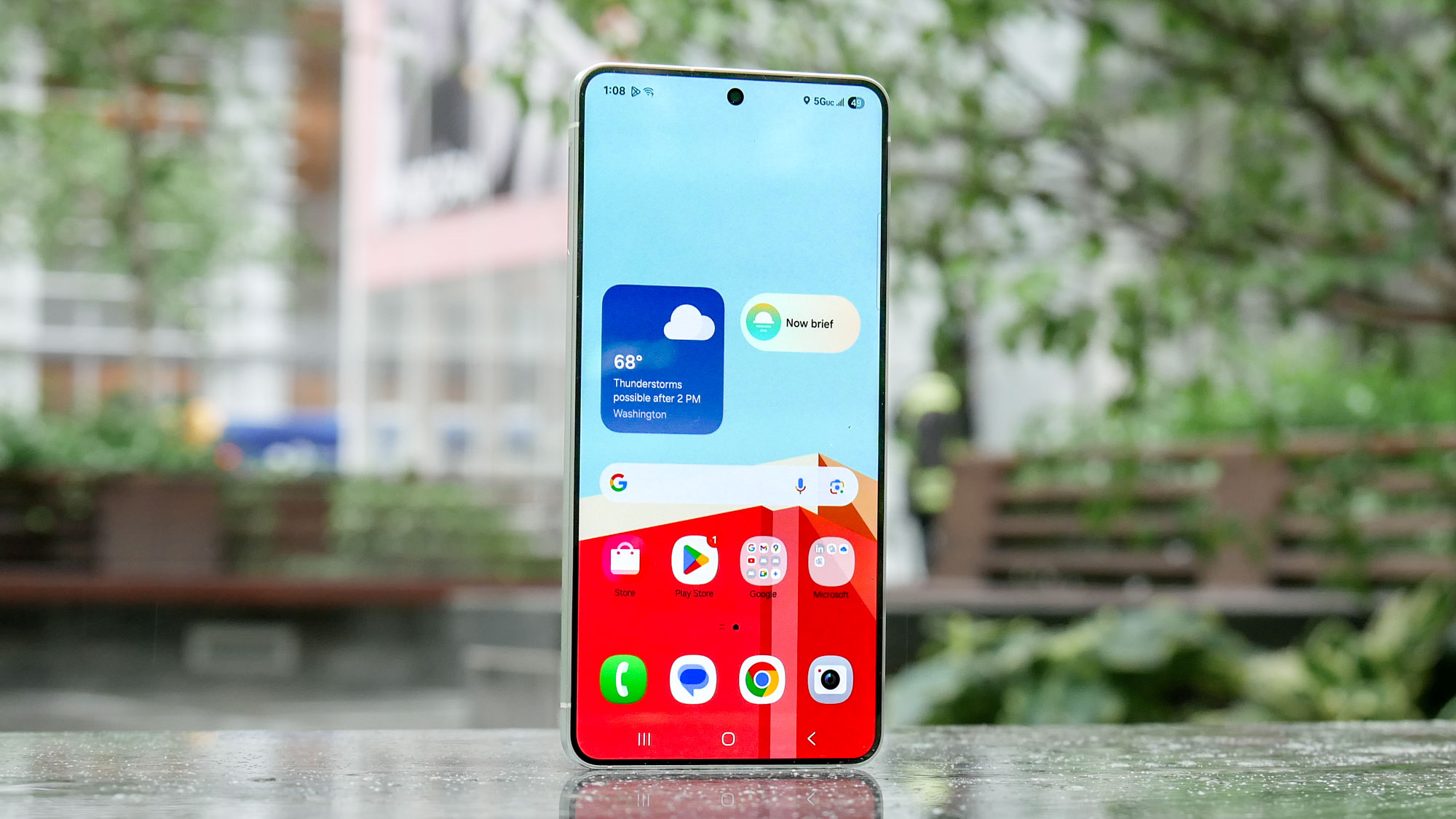iPhone 17 will ship with a new memory feature designed to fight spyware — here's how it works
New Memory Integrity Enforcement feature aims to make spyware attacks much more difficult to pull off

Though not mentioned during Apple’s keynote this week, one of the important features being added to the new iPhone 17 lineup and the iPhone Air is a security feature that will make it easier to fight spyware.
As reported by BGR, the new Memory Integrity Enforcement (MIE) feature was detailed in a research report published by Apple. The report covers how the feature both strengthens security and makes iOS devices less vulnerable to spyware by ensuring that only trusted code can run in protected memory; this stymies efforts to inject malicious code on the handsets. Apple has been working on the enhancement for roughly five years, and says in the report that it “represents the most significant upgrade to memory safety in the history of consumer operating systems.”
The idea behind MIE is that it will make spyware attempts even more challenging to pull off so that attacks on new iPhone will become essentially not worth the effort. While largely secure overall, more zero-day flaws have been discovered in iOS in recent years and many recent malware attempts take advantage of memory safety vulnerabilities. The MIE feature is intended to circumvent these particular loopholes by making both the hardware and the software even more impenetrable from attacks.
MIE will be included in every iPhone 17 and in iPhone Air. Apple says in the report that “MIE is built right into Apple hardware and software in all models of iPhone 17 and iPhone Air and offers unparalleled, always-on memory safety protection for our key attack surfaces including the kernel, while maintaining the power and performance that users expect.”
Apple designed the MIE system on both conceptual attacks and then challenged the system it built with vectors the iPhone would likely encounter in the wild. The company says that while it doesn’t make the iPhone 100% secure, this will make it extremely expensive and will “disrupt many of the most effective exploitation techniques from the last 25 years and completely redefine the landscape of memory safety for Apple products.”
Follow Tom's Guide on Google News to get our up-to-date news, how-tos, and reviews in your feeds. Make sure to click the Follow button.
More from Tom's Guide
- Plex users need to change their passwords — there’s been another breach
- These iCloud Calendar invites look legitimate but are tricky phishing attacks — here’s how to tell
- Macs under attack from ‘cracked’ apps spreading dangerous info-stealing malware — don’t fall for this
Get instant access to breaking news, the hottest reviews, great deals and helpful tips.

Amber Bouman is the senior security editor at Tom's Guide where she writes about antivirus software, home security, identity theft and more. She has long had an interest in personal security, both online and off, and also has an appreciation for martial arts and edged weapons. With over two decades of experience working in tech journalism, Amber has written for a number of publications including PC World, Maximum PC, Tech Hive, and Engadget covering everything from smartphones to smart breast pumps.
You must confirm your public display name before commenting
Please logout and then login again, you will then be prompted to enter your display name.
 Club Benefits
Club Benefits





